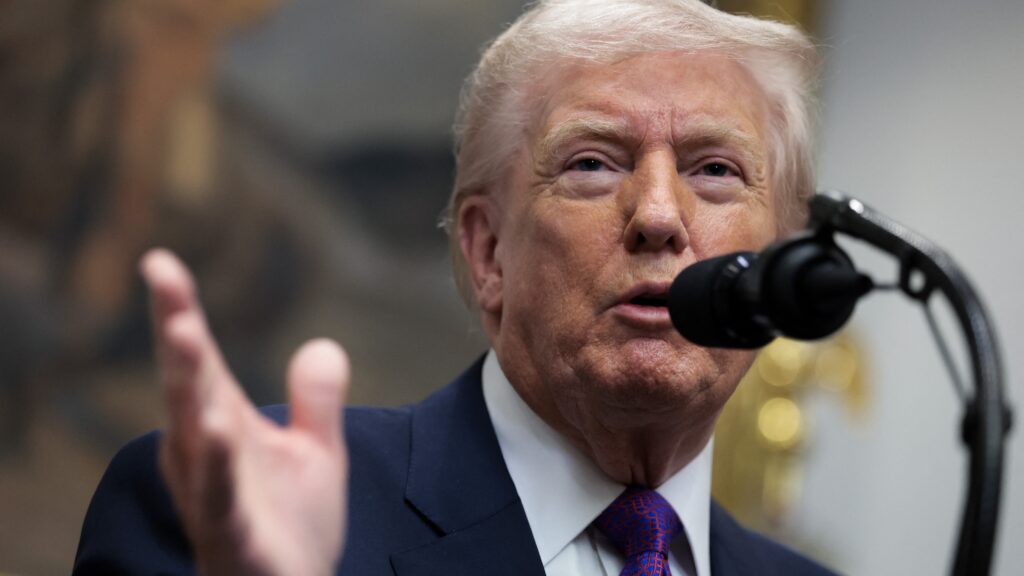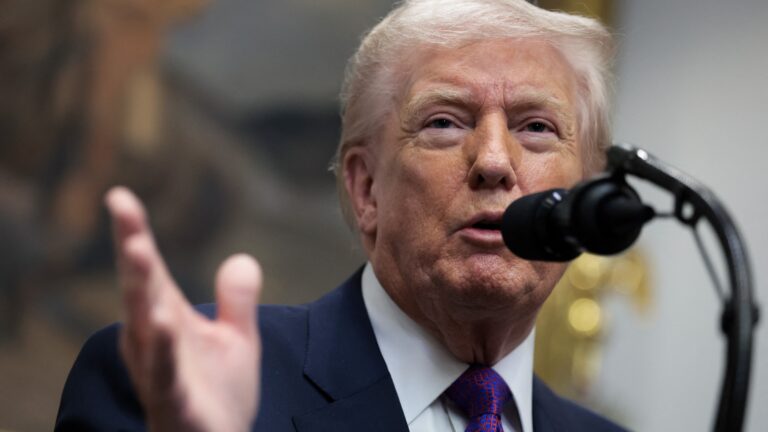Hungarian Prime Minister Viktor Orbán announced over the weekend that, as a result of his meeting with US President Donald Trump, Washington will provide a ‘financial shield’ for Hungary in the event of an external financial, speculative, or political attack against the economy. The so-called financial shield is, in reality, a currency swap agreement—a financial safety instrument used by as many as 43 countries worldwide to secure financial stability.
Following the announcement, Hungarian opposition leader Péter Magyar accused Orbán of taking out a massive loan from the United States, claiming that his government had ruined the Hungarian economy and then sought a bailout from Washington. Magyar also compared the currency swap agreement to an IMF loan, which is not the case. The TISZA party said in a separate statement that it ‘knew’ about the alleged loan based on ‘information circulating in the market’.
So, what exactly is a currency swap agreement? It is a financial instrument used when one of the partner countries faces a severe economic crisis or speculative attack. In such cases, the two parties temporarily exchange their currencies at a predetermined rate and amount, thereby addressing the affected country’s shortage of foreign currency. This mechanism helps prevent default on foreign currency-denominated debt, strengthens the central bank’s foreign reserves, and enhances the country’s resilience to sudden exchange rate fluctuations.
‘The two parties temporarily exchange their currencies at a predetermined rate and amount, thereby addressing the affected country’s shortage of foreign currency’
According to Sebestyén Horváth, an analyst at the Oeconomus Economic Research Foundation, the tool agreed upon by Trump and Orbán should not be confused with a loan: in a credit arrangement, one party owes repayment to the other, while in a swap both sides return the exchanged amounts at maturity. The purpose is not aid but to ensure liquidity in foreign currency.
In most cases, a currency swap line is never actually used; its mere establishment can stabilize a currency by deterring speculative investors betting on its collapse. In this way, the countries involved create a kind of protective shield around one another to prevent foreign currency shortages—that is where the name originates. The Hungarian forint climbed to an eighteen-month high against the euro on Monday in response to the announcement.
‘The Hungarian forint climbed to an eighteen-month high against the euro on Monday in response to the announcement’
It is also mistaken to assume, Horváth continued, that such agreements are signed only by economies in crisis. The United States, for instance, maintains active swap lines through the European Central Bank with all eurozone countries, as well as with Switzerland and the United Kingdom. Beyond Europe, similar arrangements exist with Canada, Japan, and China, among others.
A comparable agreement was concluded in October between Washington and Buenos Aires, involving $20 billion. That swap deal was agreed shortly before the Argentinian legislative elections, where President Javier Milei’s party made significant gains, strengthening its position in both houses of Congress. Hungary, too, is preparing for elections in 2026.
Related articles:







